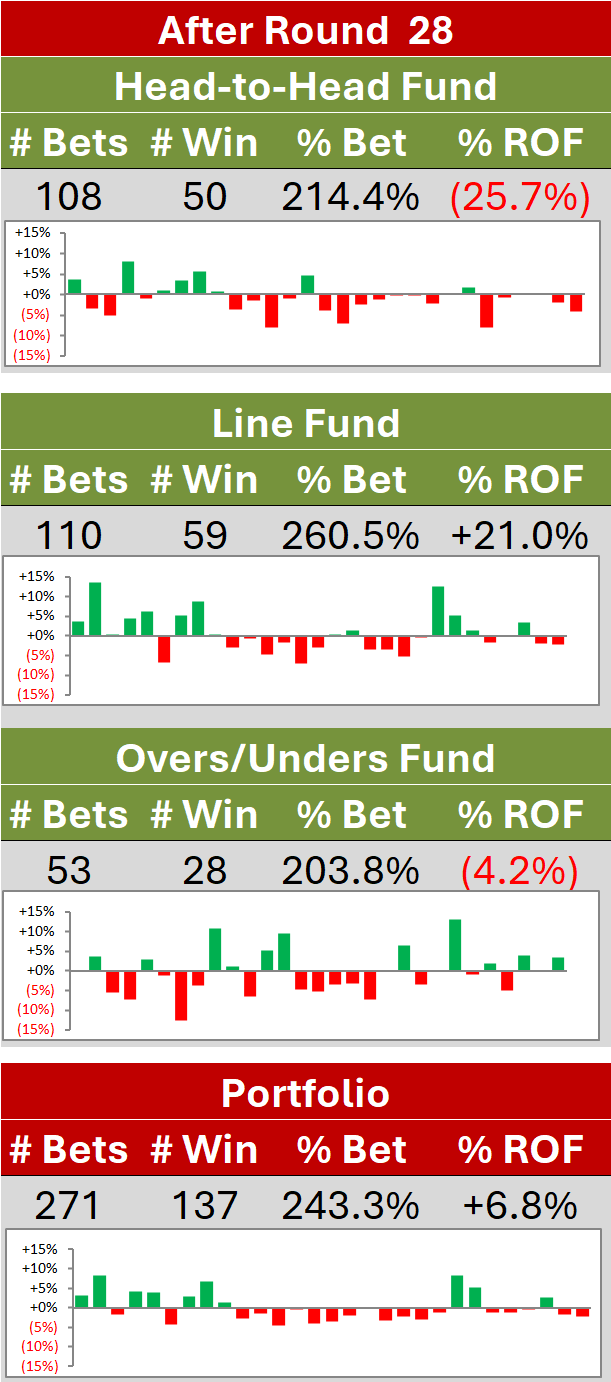How Important is Pre-Season Success?
/With the pre-season now underway it's only right that I revisit the topic of the extent to which pre-season performance predicts regular season success.
Here's the table with the relevant data:
The macro view tells us that, of the 21 pre-season winners, only 14 of them have gone on to participate in the regular season finals in the same year and, of the 21 pre-season runners-up, only 12 of them have made that same category. When you consider that roughly one-half of the teams have made the regular season finals in each year - slightly less from 1988 to 1993, and slightly more in 1994 - those stats look fairly unimpressive.
But a closer, team-by-team view shows that Carlton alone can be blamed for 3 of the 7 occasions on which the pre-season winner has missed the regular season finals, and Adelaide and Richmond can be blamed for 4 of the 9 occasions on which the pre-season runner-up has missed the regular season finals.
So, unless you're a Crows, Blues or Tigers supporter, you should be at least a smidge joyous if your team makes the pre-season final; if history's any guide, the chances are good that your team will get a ticket to the ball in September.
It's one thing to get a ticket but another thing entirely to steal the show. Pre-season finalists can, collectively, lay claim to five flags but, as a closer inspection of the previous table will reveal, four of these flags have come from just two teams, Essendon and Hawthorn. What's more, no flag has come to a pre-season finalist since the Lions managed it in 2001.
On balance then, I reckon I'd rather the team that I supported remembered that there's a "pre" in pre-season.









